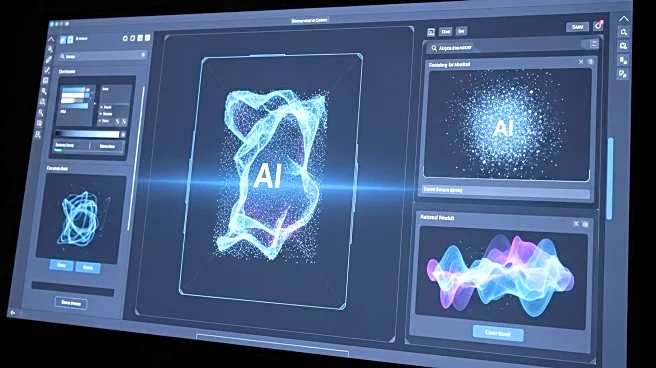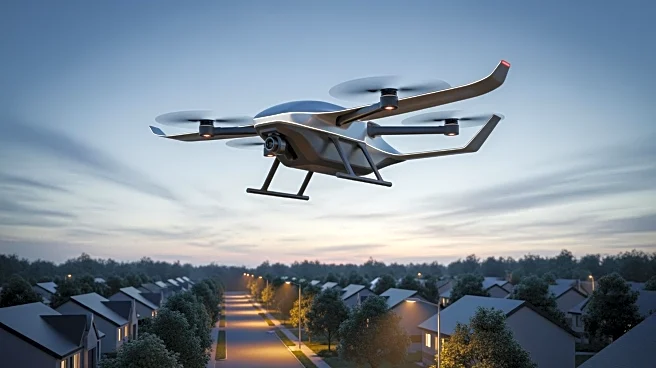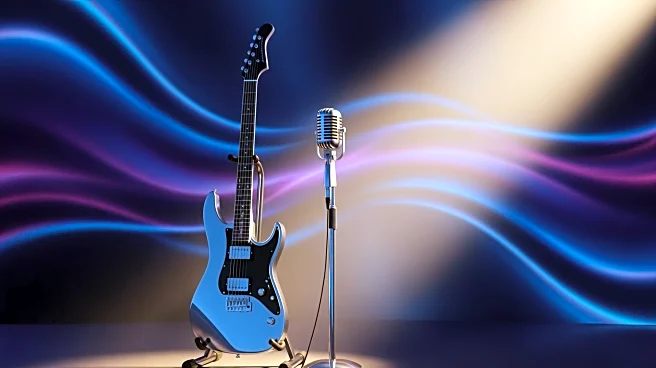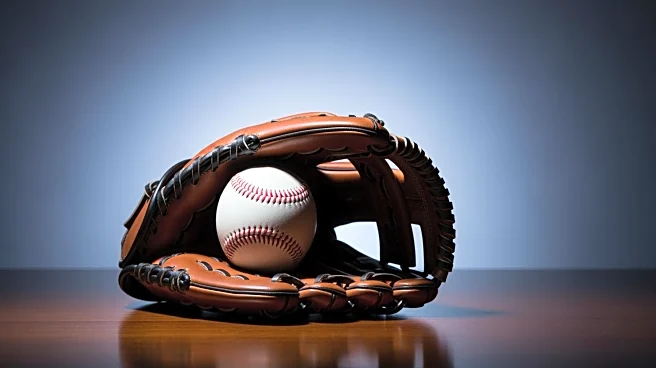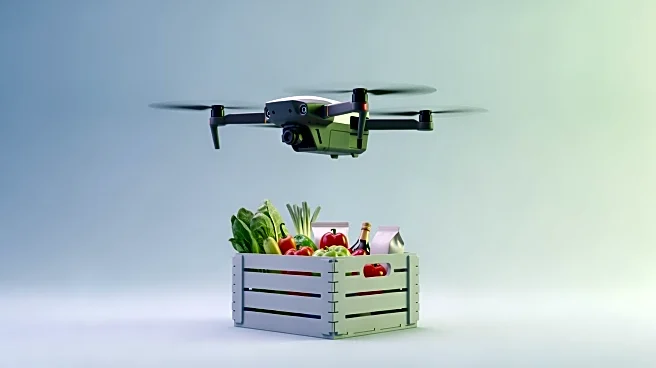What's Happening?
The Beijing Internet Court has released a series of rulings addressing the legal status of AI-generated content, focusing on copyright and personality rights. These cases, although not legally binding, provide guidance on how AI-generated works can be protected under copyright law. The court determined that AI-generated images, if they meet the criteria of originality, can be considered works of art and are protected by copyright. The rulings also extend personality rights to AI-generated voices and virtual images, emphasizing the need for consent in their creation and use.
Why It's Important?
These rulings are significant as they set a precedent for how AI-generated content is treated under the law, potentially influencing future legal frameworks globally. The decisions highlight the need for clear guidelines on the ownership and rights associated with AI-generated works, impacting developers, users, and content creators. This could lead to increased protection for individuals against unauthorized use of their likeness or voice in AI-generated content, affecting industries such as entertainment, media, and technology.
Beyond the Headlines
The rulings underscore the ethical considerations in AI technology, particularly in respecting individual rights and privacy. They also highlight the challenges in balancing innovation with legal and ethical standards, as AI continues to evolve and integrate into various sectors.
